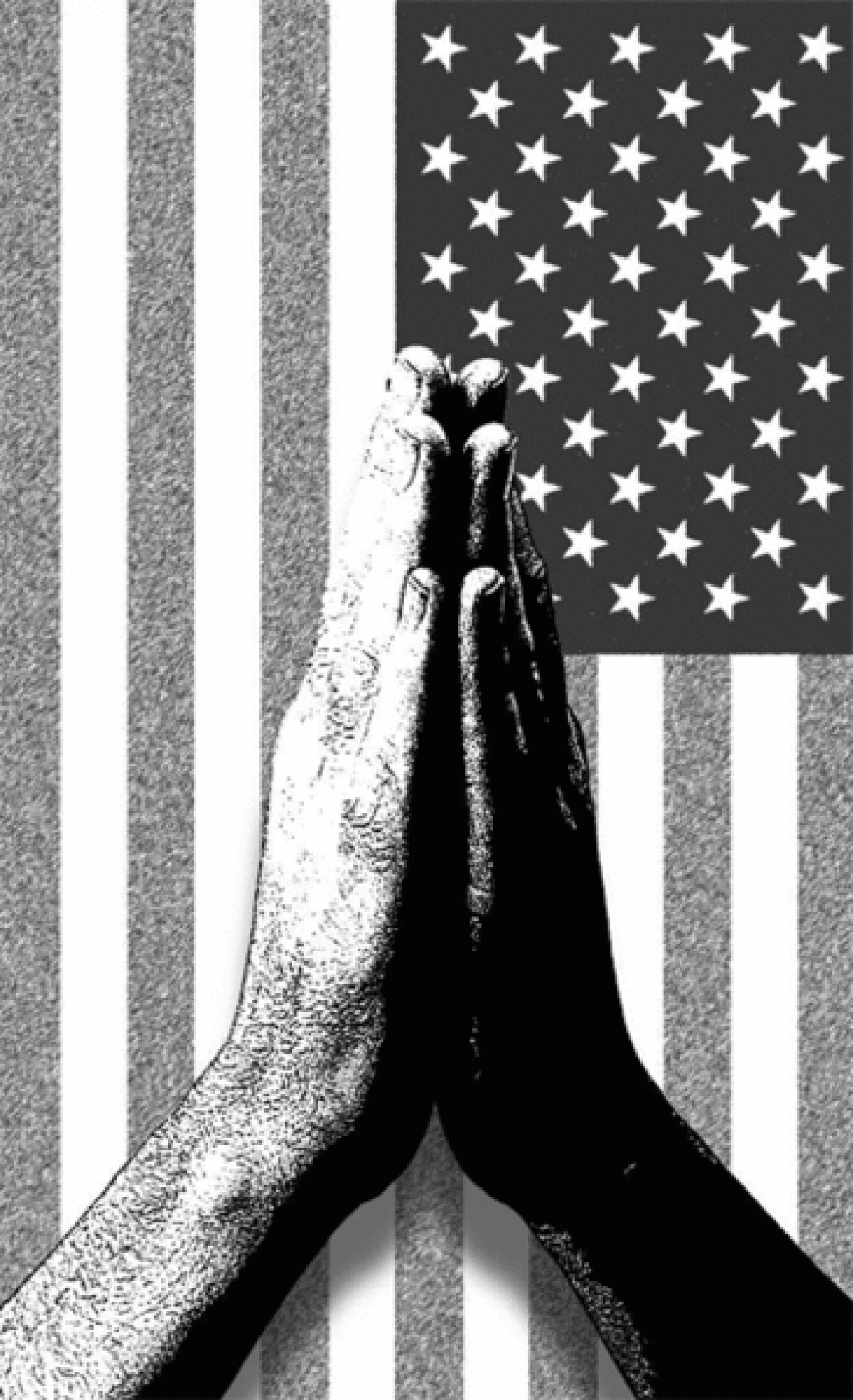Why North Carolina can’t have its own official church

- Share via
In recent days my Facebook feed has been littered with links to stories about a bill in the North Carolina Legislature that would allow the state to establish its own religion. Here was another example, my outraged friends said, of Bible Belt cluelessness. Where did these yahoos get the idea that, as the proposed resolution put it, that “the Constitution of the United States of America does not prohibit states or their subsidiaries from making laws respecting an establishment of religion”?
Staunch separationists can relax. The Rowan County Defense of Religion Act of 2013 isn’t going to be put to a vote, according to the speaker of the state House. But before the story recedes from public view, it’s worth noting that, while the sponsors of the law were out of line, their position was not the legal equivalent of creationism or climate-change denial.
The resolution was a response to a lawsuit filed by the ACLU seeking to end the practice of beginning sessions of the Rowan County Board of Commissioners with a prayer – virtually always a Christian prayer. It’s not clear that the ACLU would have prevailed. A federal appeals court in San Francisco recently ruled that the city of Lancaster didn’t violate the 1st Amendment by commencing its proceedings with a Christian prayer – so long as the city didn’t “proselytize, advance or disparage one religion or affiliate government with a particular faith.”
SLIDE SHOW: Pope Francis’ small steps to lift liberals’ hearts
But the legislators in North Carolina didn’t want to take any chances. So their resolution would have short-circuited the ACLU suit by (purportedly) exempting North Carolina and its subdivisions from the Establishment Clause of the 1st Amendment which says that “Congress shall make no law respecting an establishment of religion.” What “establishment of religion” means is itself a contested question. Some conservative judges and scholars believe it only forbids creation of an official church, but the Supreme Court has interpreted the clause much more broadly, for example to outlaw official prayers and Bible devotions in public schools.
But that’s not the only interpretation that the North Carolina legislators resented; they also objected to the theory that the Establishment Clause applied to the states. As a matter of original intent, that seems to be true. As Justice Clarence Thomas pointed out in an opinion in a 2004 case challenging the recitation of the Pledge of Allegiance in public schools:
“As a textual matter, this clause probably prohibits Congress from establishing a national religion. Perhaps more importantly, the clause made clear that Congress could not interfere with state establishments, notwithstanding any argument that could be made based on Congress’ power under the Necessary and Proper Clause.” Thomas noted that “at the founding, at least six states had established religions.”
So how did the Establishment Clause come to be applied to the states? Basically through the 14th Amendment, the post-Civil War enactment that requires states to guarantees due process of law and equal protection of the laws. In the 20th century, the Supreme Court decided that the 14th Amendment “incorporated” some of the protections of the Bill of Rights which originally protected only against deprivation by the federal government. Think of a Windows desktop on which you have folders labeled “1st Amendment” and “14th Amendment.” The court basically clicked on the 1st Amendment and dragged it over to the 14th Amendment folder.
But there’s a problem, which Thomas also mentioned. It’s easy to say that the 14th Amendment means that the states must now honor individual rights that originally existed only in relation to the federal government. But analytically it’s awkward to call a prohibition of an establishment of religion a “right.” As Thomas put it: “Quite simply, the Establishment Clause is best understood as a federalism provision–it protects state establishments from federal interference but does not protect any individual right.”
Unfortunately for Thomas, a majority of the Supreme Court came to the opposite conclusion in a 1947 case in which it held that the 14th Amendment did incorporate the Establishment Clause. Did the court invent that principle out of whole cloth? Not really. A good argument can be made that allowing a state to establish a church is the flip side of interfering with someone’s religious freedom, in the sense that the existence of the official church (or of official prayers in schools) marginalizes the citizen who doesn’t belong to the official faith. (A good argument, but not a slam dunk: England has an established church yet protects the exercise of religion by non-Anglicans.)
I’m not defending the North Carolina legislators. Their legislation was as much a waste of time as bills at the state level that aim to prohibit abortion in violation of Roe vs. Wade. But what made their resolution an absurd exercise wasn’t that its interpretation of the Establishment Clause was ridiculous as matter of logic or history; it was that it attempted to upend a well-established contrary interpretation by the Supreme Court.
ALSO:
Photo gallery: Ted Rall cartoons
Keystone XL: The pipeline to disaster
More to Read
A cure for the common opinion
Get thought-provoking perspectives with our weekly newsletter.
You may occasionally receive promotional content from the Los Angeles Times.







